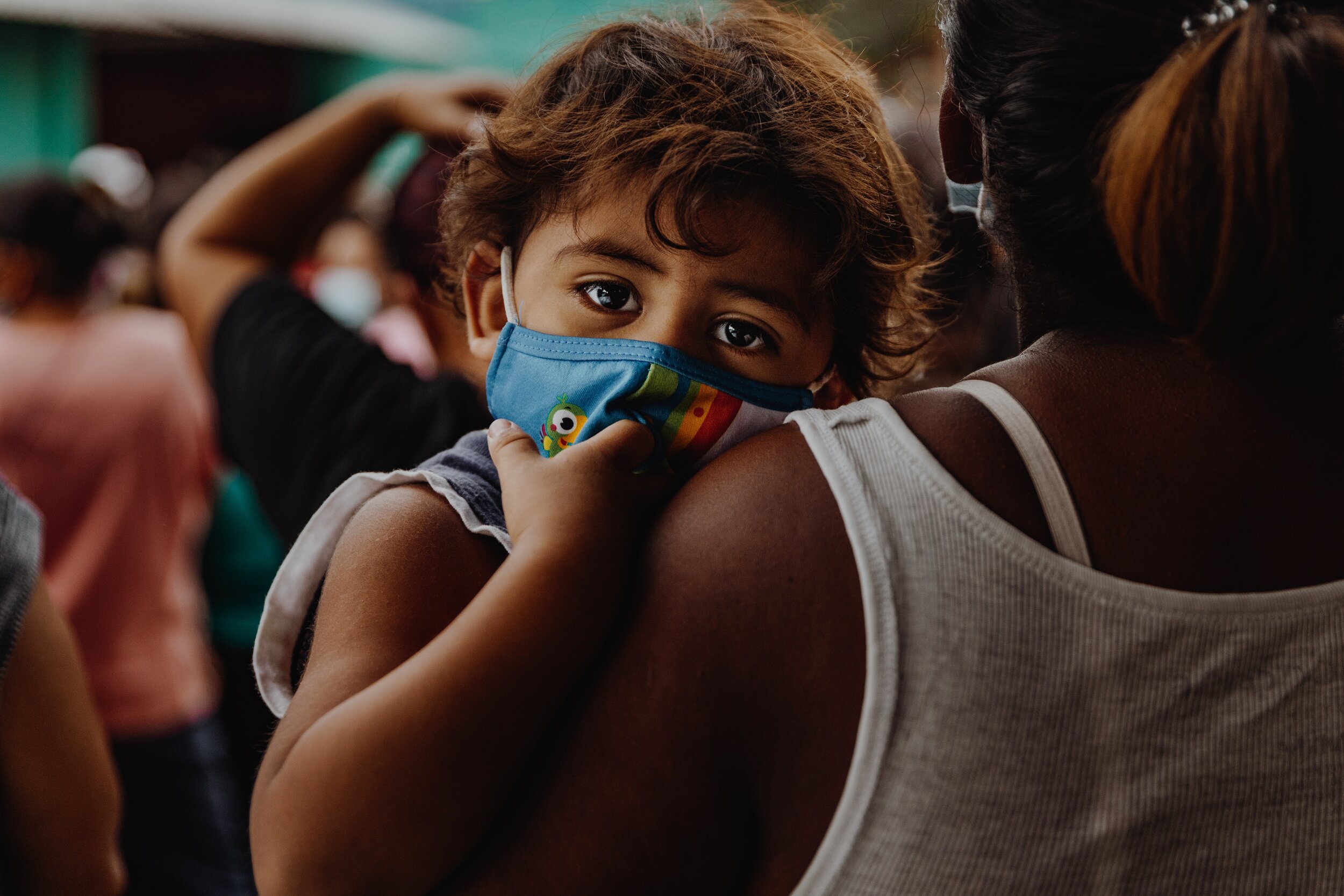Working in public engagement gives Converso a unique vantage point that brings us face to face with different dimensions of this crisis. As we enter the second year of the COVID era, we reflect on the human stories of the pandemic and how they’ve shifted over time.
Initially, most of our sessions focused on stakeholder communications. In the first few weeks of the state of emergency, organizations used our services to convey information on protocols and answer questions. For example, an emergency management association held twice-weekly meetings to share updates and advice for communities to develop protocols, where to get personal protective equipment, whether to allow golf courses to open, and more.
By summer, each region settled into their place on the lockdown spectrum and began the slow process of reopening. Here, we saw a range of stakeholder groups seeking guidance on how to do business in the COVID era: day care centres focused on how to support keep their staff members employed, gym owners worried about losing their small businesses, beauticians wondering how they could safely re-open, parents asking if it was safe to send their children back to school.
As the indefinite nature of lockdown became clear, people shared stories of family illness, loss and isolation. We heard from people on the front lines – workers in grocery stores and food processing plants wanting to know how to stay safe. Those with relatives in long term care, pleaded to spend time with their loved ones, as tenants unable to pay rent faced eviction.
At a time of wrenching spiritual need, when attendance for worship, funerals and weddings were limited, faith leaders sought guidance from elected officials on how they could safely offer comfort. These and many other stories gave a human dimension to the pandemic not reflected in the media.
Today we finally have vaccines, and with them challenges. Foremost on the minds of stakeholders are questions of access: Where to get the vaccine, when specific age groups will get it, is one brand safer or more effective than other? From our perspective, these are the most gratifying sessions. Attendees get direct answers to their questions that allow them to register immediately for their vaccines. In a series of telephone town halls aimed at those living in high-risk areas, attendees reached out to panels of medical officers and senior officials with the barriers and obstacles keeping them from taking the vaccine:
“Can I get it if I’m pregnant?”
“What if I’m diabetic?”
“Can people with diseases like cancer take the vaccine?”
“Can my father get it if he just had an organ transplant?”
“My mother is bedridden – can the vaccine be taken to her?”
As a result of the events, over 700 participants registered for their vaccines by simply pressing a button. When asked in a poll question, “After tonight’s discussion are you more likely to get vaccinated?” 80.5% of attendees responded yes.
Everyone at Converso is aware of the immense privilege we have had being able to provide telephone town halls that allow leaders to convey reliable information when it is so desperately needed, and that allow so many people to share their stories, ask their questions and have their voices heard.

